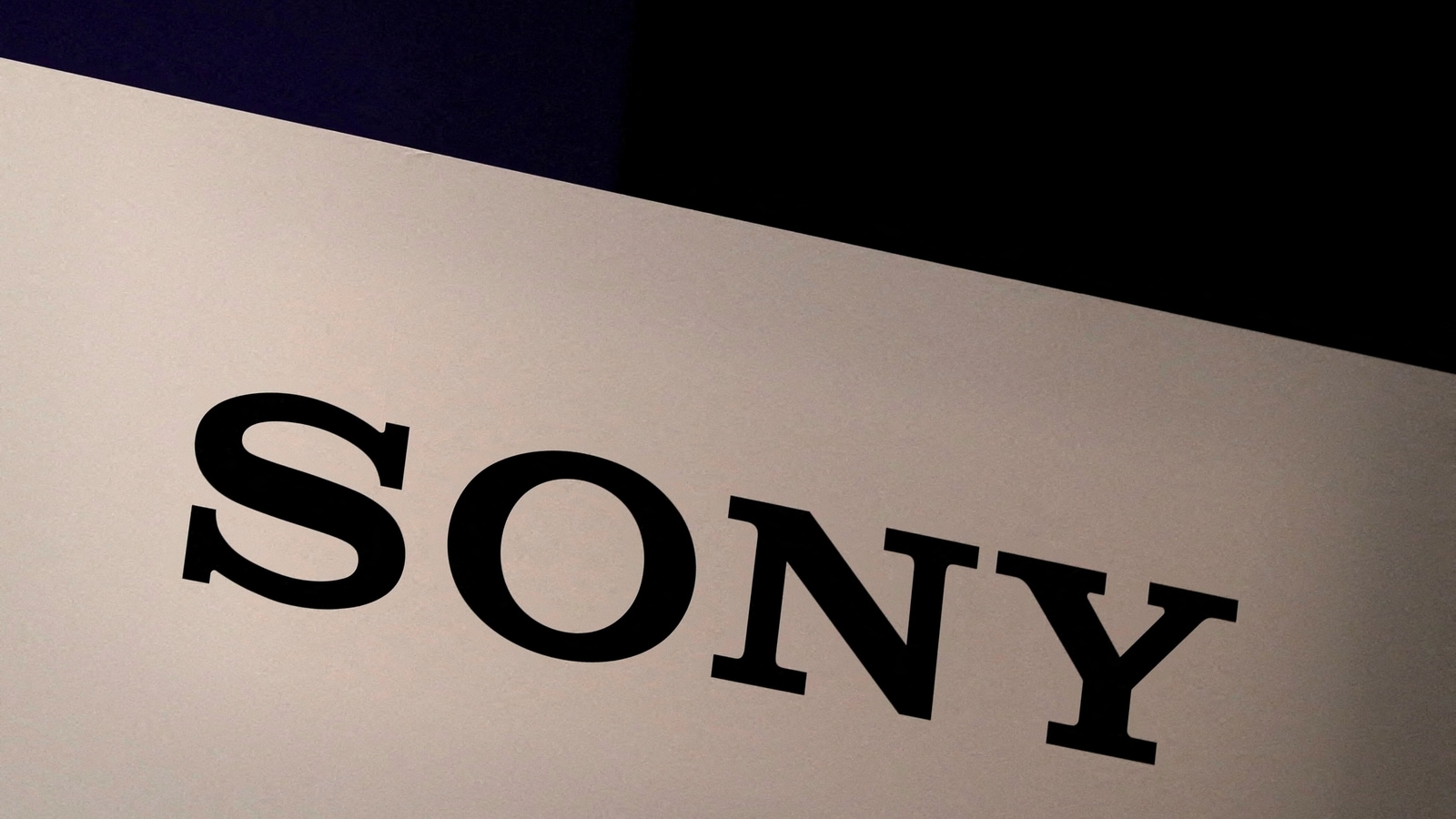Expect more deals like Sony’s acquisition of Bungie, as tech and entertainment companies eye metaverse projects.
A feeding frenzy for video game makers is now fully under way. The obvious question is, who’s next?
On Monday, Sony Group Corp. said it has reached an agreement to acquire private game developer Bungie Inc., creator of two of the industry’s most successful game franchises, Halo and Destiny, for $3.6 billion. The deal comes just weeks after two other large gaming deals were announced: Microsoft Corp.’s planned purchase of Activision Blizzard for $69 billion and Take Two Interactive Corp.’s deal for mobile games maker Zynga Inc. for $11 billion in cash and stock. And all of this has followed Microsoft’s $7.5 billion acquisition of video game publisher ZeniMax Media last year.
Video game companies have become hot commodities for several reasons. First, the industry remains one of the largest and most attractive growth opportunities at the nexus of consumer products and technology. According to research firm Newzoo, the global gaming market will reach about $219 billion by 2024, up from $180 billion last year.
Second, interactive entertainment businesses offer a leg up on what some say will be the next big thing: the so-called metaverse. The idea of the metaverse is basically that of an always-on multiplayer videogame, where participants can blend their real and virtual worlds as they go about their daily lives. While the idea is still largely theoretical, developing the concept will require skills and technology similar to those used in video games.
That prospect has drawn the attention of top tech and entertainment names. Netflix Inc. co-Chief Executive Officer Reed Hastings has said the company is looking to be a bigger player in the gaming sector. Major console platform owners such as Sony, Microsoft and Nintendo will want to continue to bolster their internal development capabilities and scoop up more studios. Finally, if large technology companies are allowed by regulators to do big deals, expect Apple Inc., Meta Platforms and Alphabet Inc. to be willing buyers, too.
Who is going to be bought next? Expect prospective buyers to home in on companies possessing an unusual combination of advanced, in-house game programming technology and the ability to build a super successful franchise.
A few names fit that bill, including Epic Games Inc., with its Fortnite and Unreal game engine; Electronic Arts Inc., owner of Respawn Entertainment studio’s Apex Legends game; Cyberpunk 2077-maker CD Projekt SA; and Take-Two Interactive Software, owner of the Grand Theft Auto game franchise.
As scale becomes more important, don’t be surprised if these companies see suitors lining up at the door.
Tae Kim is a Bloomberg Opinion columnist covering technology. He previously covered technology for Barron’s, following an earlier career as an equity analyst.
Expect more deals like Sony’s acquisition of Bungie, as tech and entertainment companies eye metaverse projects.
A feeding frenzy for video game makers is now fully under way. The obvious question is, who’s next?
On Monday, Sony Group Corp. said it has reached an agreement to acquire private game developer Bungie Inc., creator of two of the industry’s most successful game franchises, Halo and Destiny, for $3.6 billion. The deal comes just weeks after two other large gaming deals were announced: Microsoft Corp.’s planned purchase of Activision Blizzard for $69 billion and Take Two Interactive Corp.’s deal for mobile games maker Zynga Inc. for $11 billion in cash and stock. And all of this has followed Microsoft’s $7.5 billion acquisition of video game publisher ZeniMax Media last year.
Video game companies have become hot commodities for several reasons. First, the industry remains one of the largest and most attractive growth opportunities at the nexus of consumer products and technology. According to research firm Newzoo, the global gaming market will reach about $219 billion by 2024, up from $180 billion last year.
Second, interactive entertainment businesses offer a leg up on what some say will be the next big thing: the so-called metaverse. The idea of the metaverse is basically that of an always-on multiplayer videogame, where participants can blend their real and virtual worlds as they go about their daily lives. While the idea is still largely theoretical, developing the concept will require skills and technology similar to those used in video games.
That prospect has drawn the attention of top tech and entertainment names. Netflix Inc. co-Chief Executive Officer Reed Hastings has said the company is looking to be a bigger player in the gaming sector. Major console platform owners such as Sony, Microsoft and Nintendo will want to continue to bolster their internal development capabilities and scoop up more studios. Finally, if large technology companies are allowed by regulators to do big deals, expect Apple Inc., Meta Platforms and Alphabet Inc. to be willing buyers, too.
Who is going to be bought next? Expect prospective buyers to home in on companies possessing an unusual combination of advanced, in-house game programming technology and the ability to build a super successful franchise.
A few names fit that bill, including Epic Games Inc., with its Fortnite and Unreal game engine; Electronic Arts Inc., owner of Respawn Entertainment studio’s Apex Legends game; Cyberpunk 2077-maker CD Projekt SA; and Take-Two Interactive Software, owner of the Grand Theft Auto game franchise.
As scale becomes more important, don’t be surprised if these companies see suitors lining up at the door.
Tae Kim is a Bloomberg Opinion columnist covering technology. He previously covered technology for Barron’s, following an earlier career as an equity analyst.




















